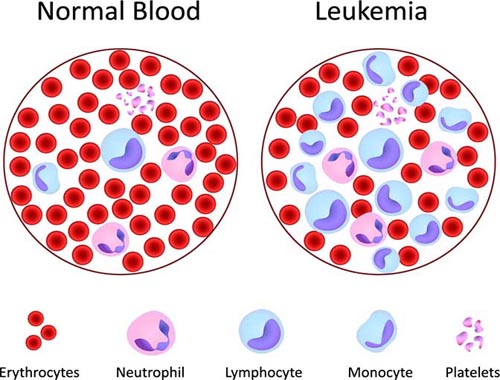Understand Lab Tests and Blood Tests Online test
 Published: 10 Sep 2024
Published: 10 Sep 2024
Blood Clotting Tests
* Purpose: Detect proteins in the blood that influence blood coagulation.
* Examples of Medications That Affect Blood Clotting: Heparin, warfarin
* Common Blood Clotting Tests:
* D-Dimer Test:
* Detects D-dimer (a protein fragment released when blood clots dissolve).
* Normal D-dimer level: 0.50
* Positive D-dimer indicates further screening.
* Prothrombin Time (PT)/INR Test:
* Measures the time it takes for a blood clot to form.
* PT: 11 to 13.5 seconds
* INR: 0.8 to 1.1
* Activated Partial Thromboplastin Time (aPTT) Test:
* Also measures blood clotting time.
* Abnormally high or low levels indicate a risk of bleeding or blood clots.
* Normal range: 21 to 35 seconds
Complete Blood Count (CBC)
* Purpose: Assess general health, screen for diseases, and evaluate specific symptoms.
* Components:
* Hemoglobin (Hgb): Red blood cell protein carrying oxygen.
* Hematocrit (Hct): Percentage of blood volume occupied by red blood cells.
* Mean Corpuscular Volume (MCV): Average volume of red blood cells.
* Mean Corpuscular Hemoglobin (MCH): Average weight of hemoglobin in red blood cells.
* Mean Corpuscular Hemoglobin Concentration (MCHC): Concentration of hemoglobin in red blood cells.
* Platelet count: Number of platelets, crucial for blood clotting.
MCV, MCH, and MCHC Help Diagnose:
* Various types of anemia
Normal Ranges for CBC:
* Hemoglobin:
* Men: 13.0 to 17.0 g/dL
* Women: 11.5 to 15.5 g/dL
* Hematocrit:
* Men: 40 to 55 percent
* Women: 36 to 48 percent
* Platelet Count: 150,000 to 400,000/mL
* White Blood Cells: 5,000 to 10,000/mL
 Published: 10 Sep 2024
Published: 10 Sep 2024